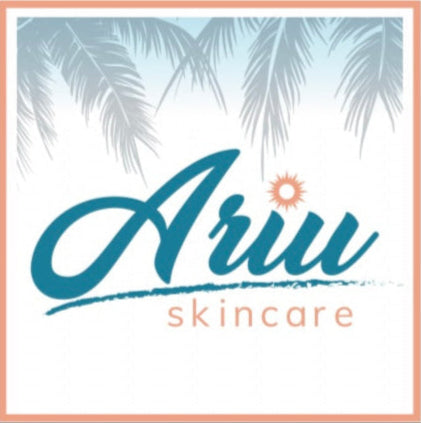Pregnancy & Nursing Skincare: Milia Advice
Share
As expectant and nursing mothers, you're likely to encounter various changes in your skin, and one common concern is the appearance of tiny white or yellowish bumps known as milia. In this article, we'll delve into what milia are, reassure you about their benign nature, discuss whether anything can be done to prevent them, and explore treatment options if they do occur.
What are Milia?
Milia are small, harmless cysts that often appear as white or yellowish bumps on the skin. They typically develop on the face, including around the eyes, nose, and cheeks, though they can occur elsewhere on the body. These cysts form when keratin, a protein found in the outer layer of the skin, becomes trapped beneath the surface, creating small pockets or sacs.
The good news is that milia are generally harmless and don't cause pain or itching. They're a common occurrence, especially among infants, and often resolve on their own within a few weeks to months. As an expectant or nursing mother, you might notice them cropping up more frequently due to hormonal changes or other factors, but rest assured, they're typically nothing to worry about.
Prevention Strategies
Unfortunately, there's no foolproof way to prevent milia from developing. They can arise for various reasons, including skin trauma, prolonged sun exposure, or certain medications. However, practicing good skincare habits, such as gentle exfoliation can help.
Treatment Options
If you find milia bothersome or they persist despite your best efforts, there are treatment options available. Dermatologists can safely extract milia using techniques such as lancing or electrodessication. These procedures involve carefully removing the cyst contents to prevent scarring or infection. It's essential to avoid attempting to remove milia at home, as the cyst is deeper than appears and you won't be able to squeeze it out, leaving you with inflammation or scarring.
Milia may be an unwelcome addition to your skincare concerns as an expectant or nursing mother, but they're generally harmless and often resolve on their own. While they can't always be prevented, practicing good skincare habits and seeking professional treatment if needed can help manage them effectively.
